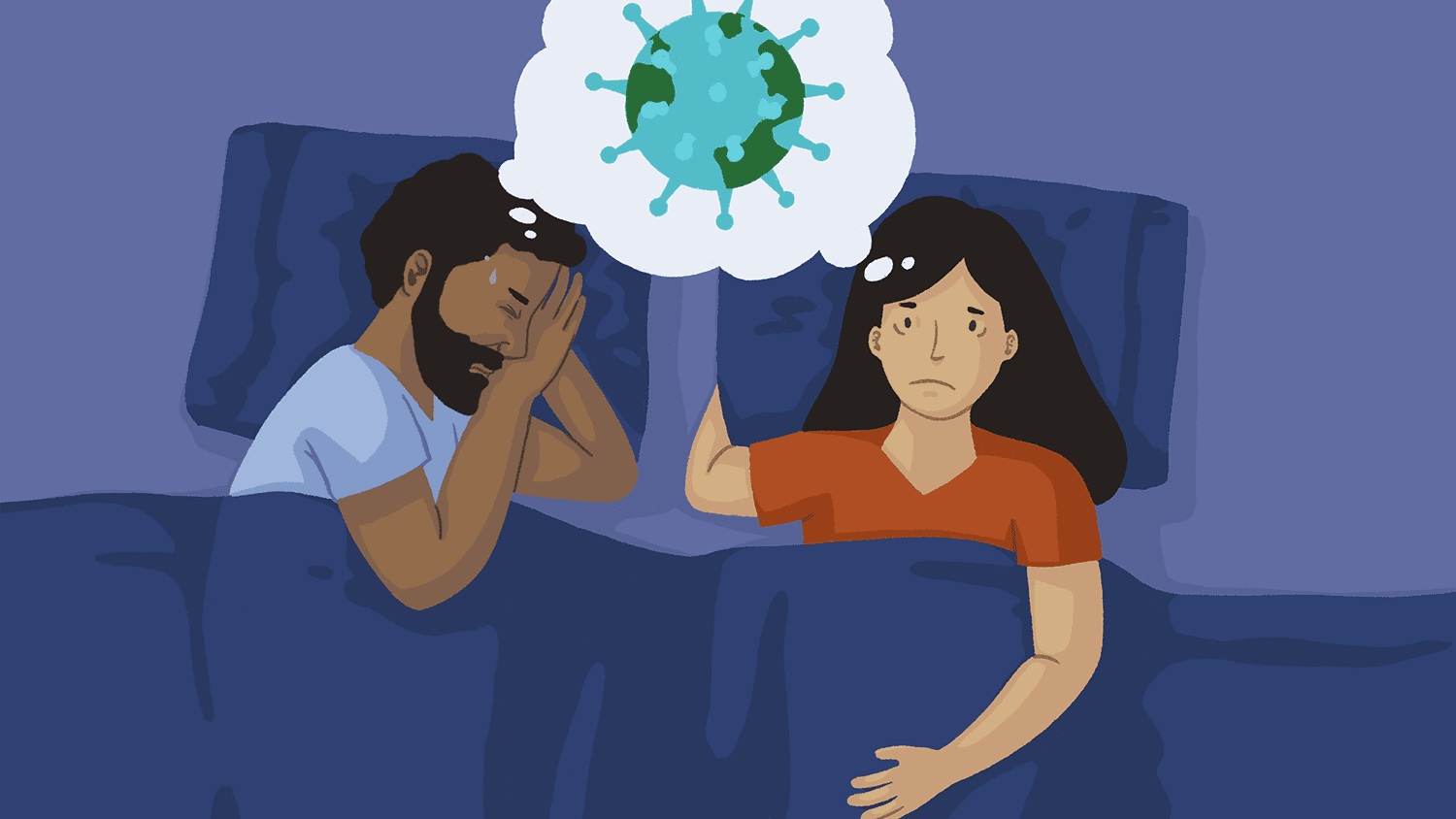With sleep being such an important factor of overall wellness it is surprising and disturbing that approximately 25 percent of Americans suffer from insomnia at some time or other in their lives. The flip side of this is that around 75 percent of this number ultimately recover and get a good night’s sleep. This is because there is much that can be done by each person to improve their nighttime zzz’s.
During the coronavirus pandemic, sleep issues have worsened. Indeed, any issue that one has been encountering in before COVID-19 will have probably gotten much worse. These are trying times and it is taking its toll. But, whatever problem one has to face, it becomes substantially more challenging when they cannot fall sleep, or have trouble getting back to sleep.
There was a well-written article published in the Harvard Medical School Journal nearly a decade ago that still rings true today. In it, the Harvard Women’s Health Watch author set out eight simple possible solutions. These were:
· keep up with a daily fitness routine;
· do not watch TV or use electronic devices in bed;
· ensure complete comfort in the bed, sheets, etc.,
· implement a nightly sleep ritual;
· make sure you are not hungry before going to sleep but do not overeat;
· do not consume alcohol or caffeine for at least 2 hours before bedtime (or any acidic foods for that matter);
· go to bed unstressed (a shower/hot bath/dark room can help with this);
· book a doctor’s appointment to rule out sleep apnea, GERD or other possible sleep inhibitions.
Whatever is going on in the time of this pandemic and however stressful life seems, everything will be far more manageable on a good night’s sleep.


